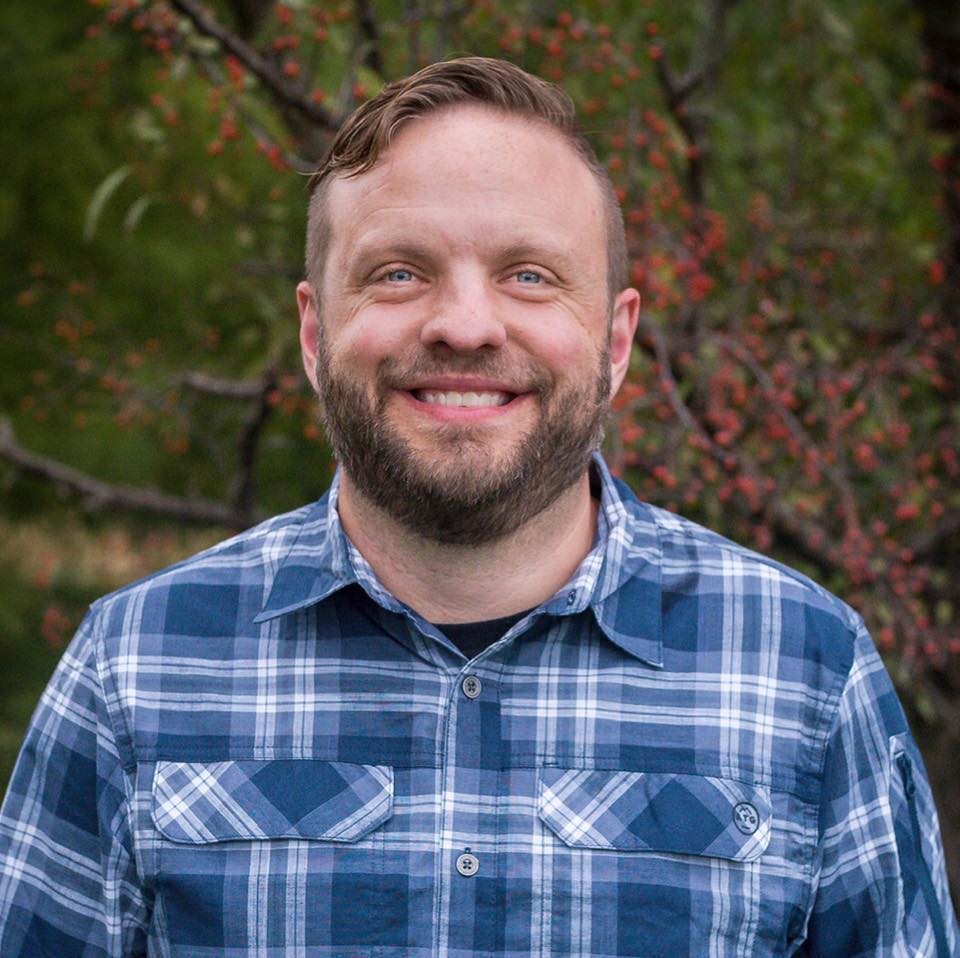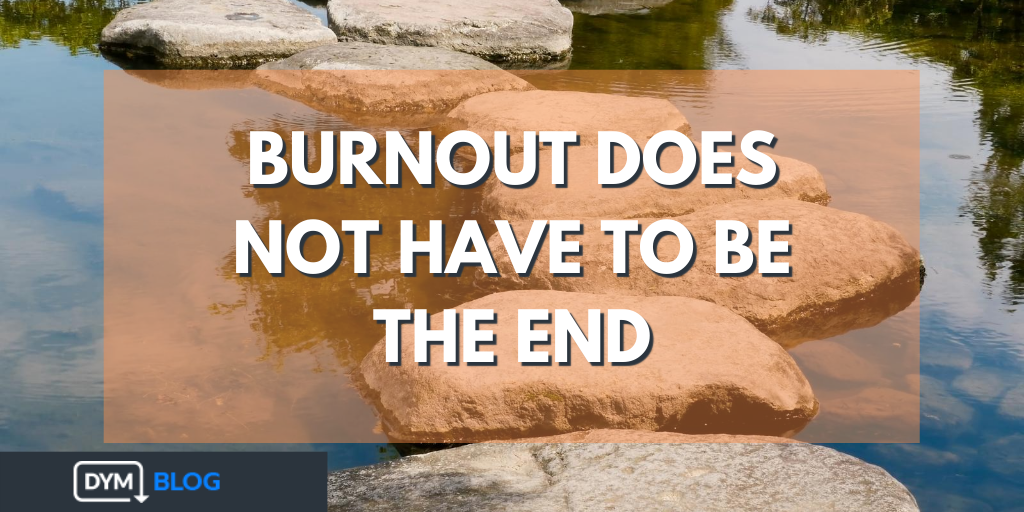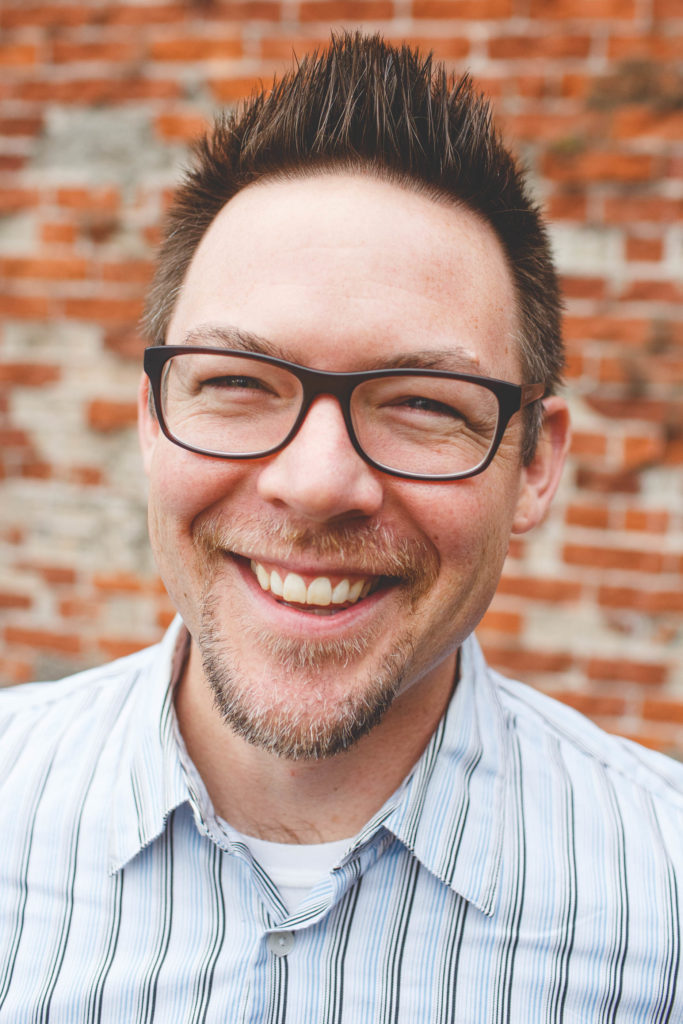
Like many Americans, I kick off every new year with the goal of implementing healthier habits. For the past three years, I’ve been doing The Whole30 every January as a way to reset my eating habits and cravings. If you are unfamiliar with The Whole30, it’s basically 30 days of clean eating – no sugar, grains, legumes, or dairy. There are a few other stipulations, but the goal is to help your body crave the right foods – the ones filled with all the nutrients your body needs to function at its best. Because let’s be real, it can be a struggle to eat the right things all the time, especially when ice cream is SO GOOD!
If you’re needing a new year restart as well, consider signing up for the Youth Pastor Diet!
For me, Whole30 provides two benefits: reinstate discipline in my life when it comes to food and trim off a few pounds that have made themselves at home over the last few months. Little did I know, the first time I ever did Whole30 a few years ago, the Lord had a third benefit in mind. He wanted to teach me a valuable lesson. In the same way that Jesus taught His disciples through parables, He loves to teach us through life experiences.
As with any new endeavor, one should be prepared before walking into it. I had done some research, prepared a few recipes, and thought to myself, “This can’t be that bad.” Well, I’m here to tell you, those first couple of weeks were much harder than I ever imagined. Why? Because I was denying my body the things that were once so easily and freely accessed. Sugar, bread, pasta, cheese, ice cream, and the list goes on. But the day I started Whole30, those things were removed from my house (if they were in my house, I would’ve been doomed). By Day 3 and 4, I was experiencing headaches from lack of sugar. I was starving within 30 minutes of every meal because my body was not accustomed to “feeling full” from the types of foods I was eating. It was a fierce mental battle against my appetite. I was eating all the “right things” but my body was in shock and not thrilled about my new eating habits.
As I was craving all the wrong things, a revelation came to me: This is exactly how sin works in our lives. We make every effort to remove it, separate ourselves from it, yet it comes back with a vengeance, screaming, begging to reinstate its place in our lives. If we are not careful, if we are not filling our minds and hearts with God’s Word, then we are flinging open the gates for sin to come marching right back in. Just like my experience with the Whole 30, if we don’t begin the journey with the end in mind, then we will give into the temptation every time.
COVID-19 has wrecked many of our lives. There has been so much loss over during this season. It’s easy to revert to what’s comfortable, easy – the path of least resistance (and who could blame us), but God has called us to so much more. And with that calling comes so much promise, fulfillment and abundant joy. But that calling comes with a fight. In the same way that I had to fight to eat the right foods and deny myself of what came easy, we have to battle against the temptation of laziness, complacency, and apathy.
2 Peter 1:5-8 says,
“5 For this very reason, make every effort to supplement your faith with goodness, goodness with knowledge, 6 knowledge with self-control, self-control with endurance, endurance with godliness, 7 godliness with brotherly affection, and brotherly affection with love. 8 For if you possess these qualities in increasing measure, they will keep you from being useless or unfruitful in the knowledge of our Lord Jesus Christ” (CSB).
In this passage, Peter is asking believers to “supplement” their faith with goodness, knowledge, self-control, endurance, godliness, brotherly affection, and love. Why? Because he knows how easily we can fall back into the habits of our sinful nature and forfeit growth and maturity in our relationship with Jesus. He uses words like self-control and endurance because he knows how hard it is to fight against the natural tendencies of our flesh.
Dictionary.com defines supplement as “something added to complete a thing.” In the same way that many of us take vitamins to supplement our diet, as Christians we need to carry out spiritual disciplines in order to complete our faith. This is not an effort to earn our salvation or God’s love (remember that’s freely given to us), but it is the means to maturity and growing closer to Jesus. If we do not supplement our faith with the disciplines that Peter mentions, we are in danger of becoming useless and unfruitful as a believer. In essence, if we are not actively moving forward in our knowledge and understanding of Jesus, then we are drifting away, forgetting what Jesus has done for us, and abandoning our role as His life-giving image bearers.
The enemy is no fool. He knows our cravings and tendencies and dangles them in front of us all day long. The last thing he wants is for us to be active agents in bringing hope to the broken world. He knows that if we supplement our faith with prayer and God’s Word, we will be unstoppable – not by our own strength, but by the strength of the Holy Spirit living in and through us. We must remind ourselves daily of what God has done for us and let the gospel ignite our hearts with a passion to know Him more.
It’s no coincidence that God designed our bodies to need the right foods in order to function at their best. Likewise, God created our souls to desire the right truths and disciplines in order to function at their best. Unfortunately, we get distracted along the way and attempt to satisfy our hearts with all the wrong things. In the same way that Whole30 helped me get back on track, sometimes our spiritual lives need to be reset. Whole30 was not easy, but the end result was well worth the fight. The same can be said for growing close to Jesus; it’s definitely not effortless. The enemy will try everything to make us stumble or give up, but once we experience the goodness of God, nothing can stand in our way of pursuing Him. As Psalm 34:8 says,
“Taste and see that the Lord is good. How happy is the person who takes refuge in him!” (CSB)
Searching for Youth Group Games? Discover thousands of turn-key resources at Download Youth Ministry.
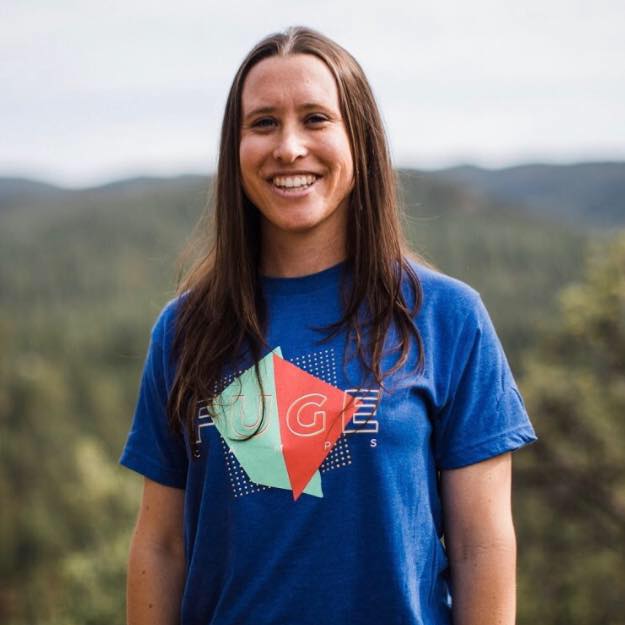 Hey! My name is Kayla and I’m the Student Director at a church in Orlando, Florida. Student ministry has taken on many forms in my life – the public school system, churches, leadership organizations, and camps. Most of my experience was developed while working with FUGE Camps. I spent eight summers serving on camp staff, two of which were spent as the Director. I enjoy using the gifts God has given me to create environments where students can grow closer to Jesus!
Hey! My name is Kayla and I’m the Student Director at a church in Orlando, Florida. Student ministry has taken on many forms in my life – the public school system, churches, leadership organizations, and camps. Most of my experience was developed while working with FUGE Camps. I spent eight summers serving on camp staff, two of which were spent as the Director. I enjoy using the gifts God has given me to create environments where students can grow closer to Jesus!




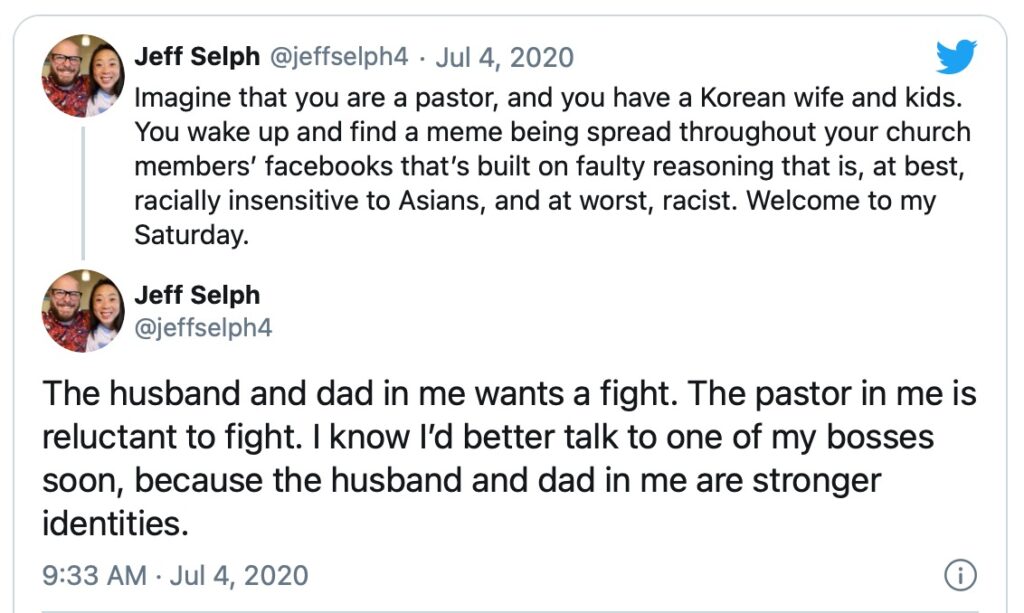
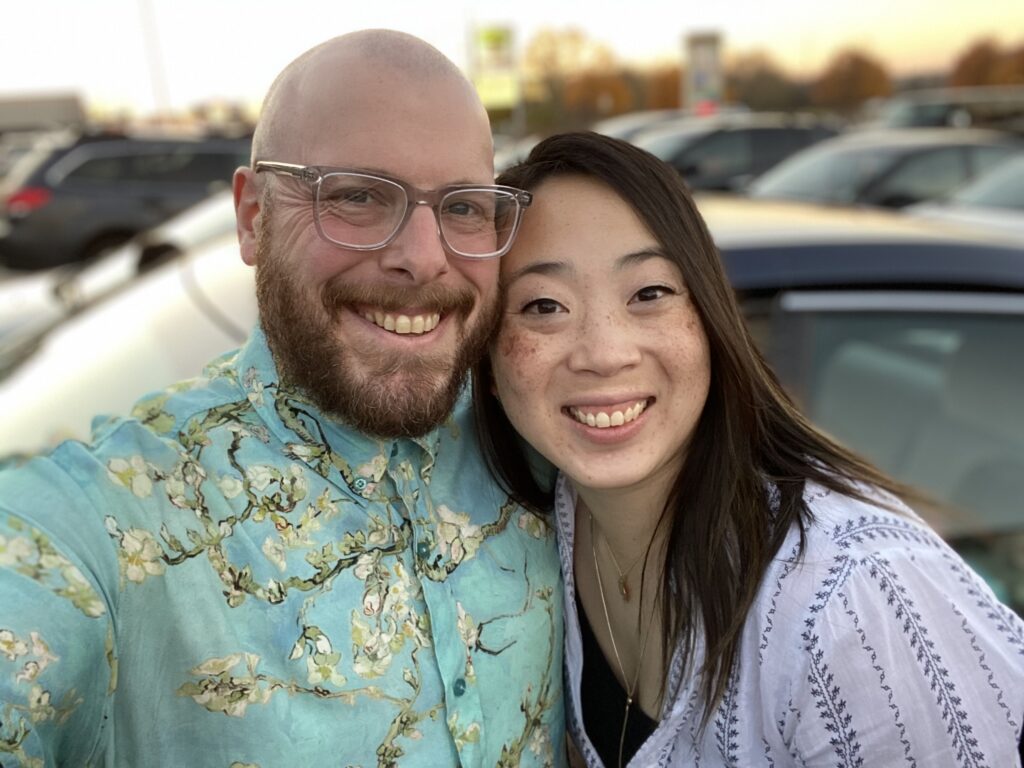

 Hey! My name is Kayla and I’m the Student Director at a church in Orlando, Florida. Student ministry has taken on many forms in my life – the public school system, churches, leadership organizations, and camps. Most of my experience was developed while working with FUGE Camps. I spent eight summers serving on camp staff, two of which were spent as the Director. I enjoy using the gifts God has given me to create environments where students can grow closer to Jesus!
Hey! My name is Kayla and I’m the Student Director at a church in Orlando, Florida. Student ministry has taken on many forms in my life – the public school system, churches, leadership organizations, and camps. Most of my experience was developed while working with FUGE Camps. I spent eight summers serving on camp staff, two of which were spent as the Director. I enjoy using the gifts God has given me to create environments where students can grow closer to Jesus!
 Grant Byrd is a Seasoned (nice word for old) Youth Pastor of 39 years. He’s still in the trenches and still loving It.
Grant Byrd is a Seasoned (nice word for old) Youth Pastor of 39 years. He’s still in the trenches and still loving It. I often say, “I came to Download Youth Ministry for the resources. I stayed for the community.”
I often say, “I came to Download Youth Ministry for the resources. I stayed for the community.”
